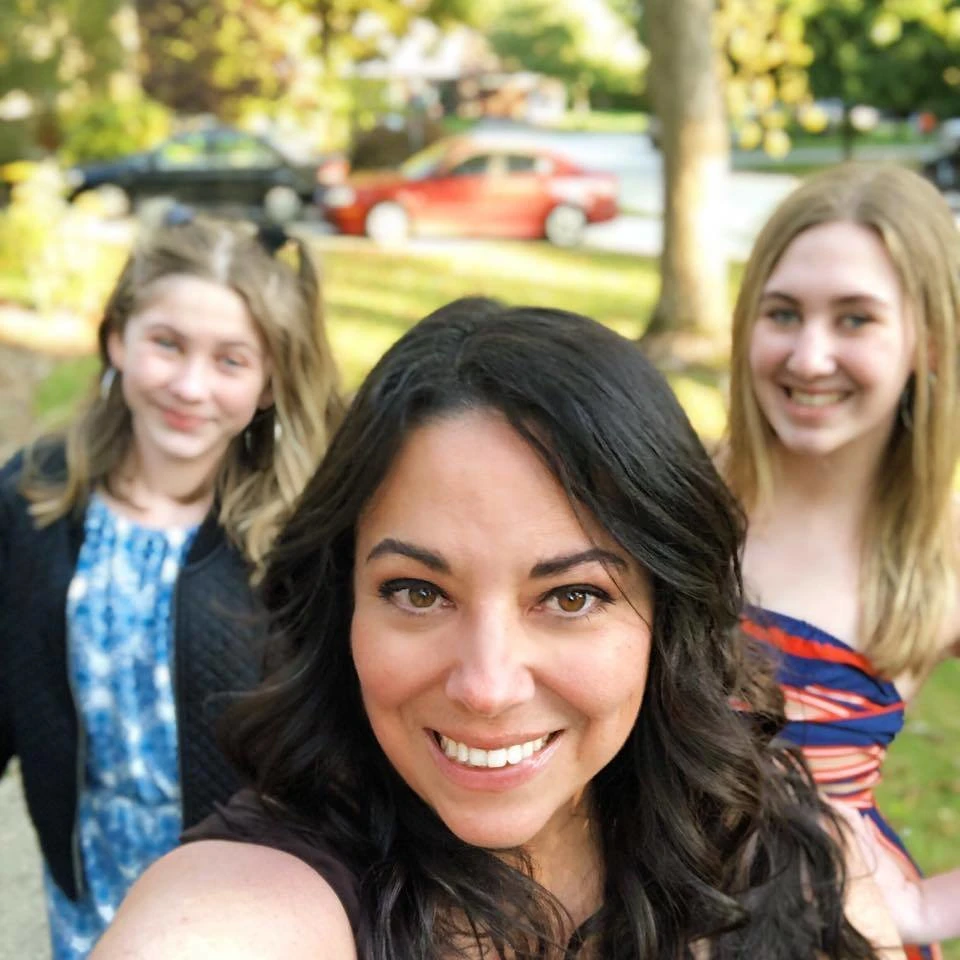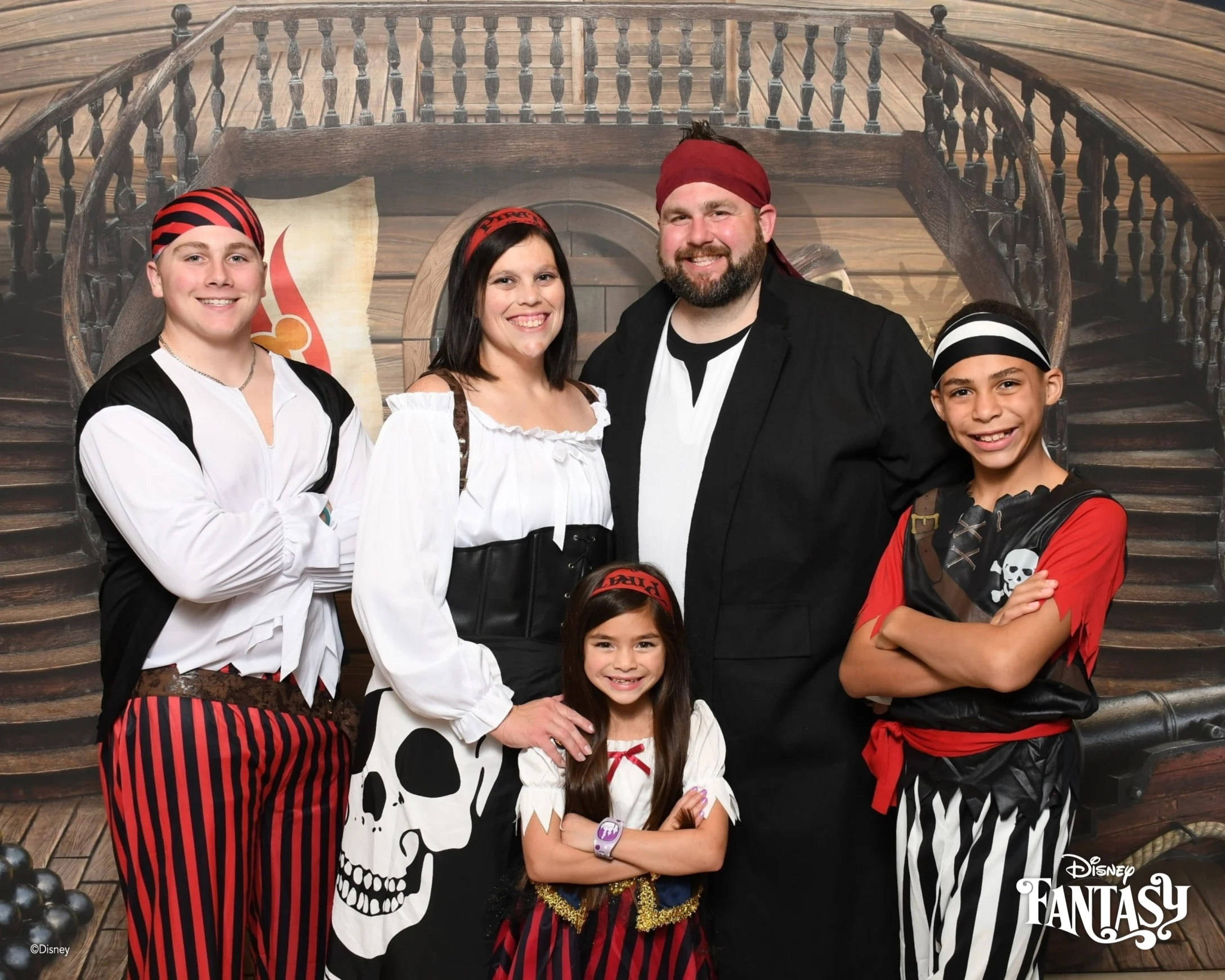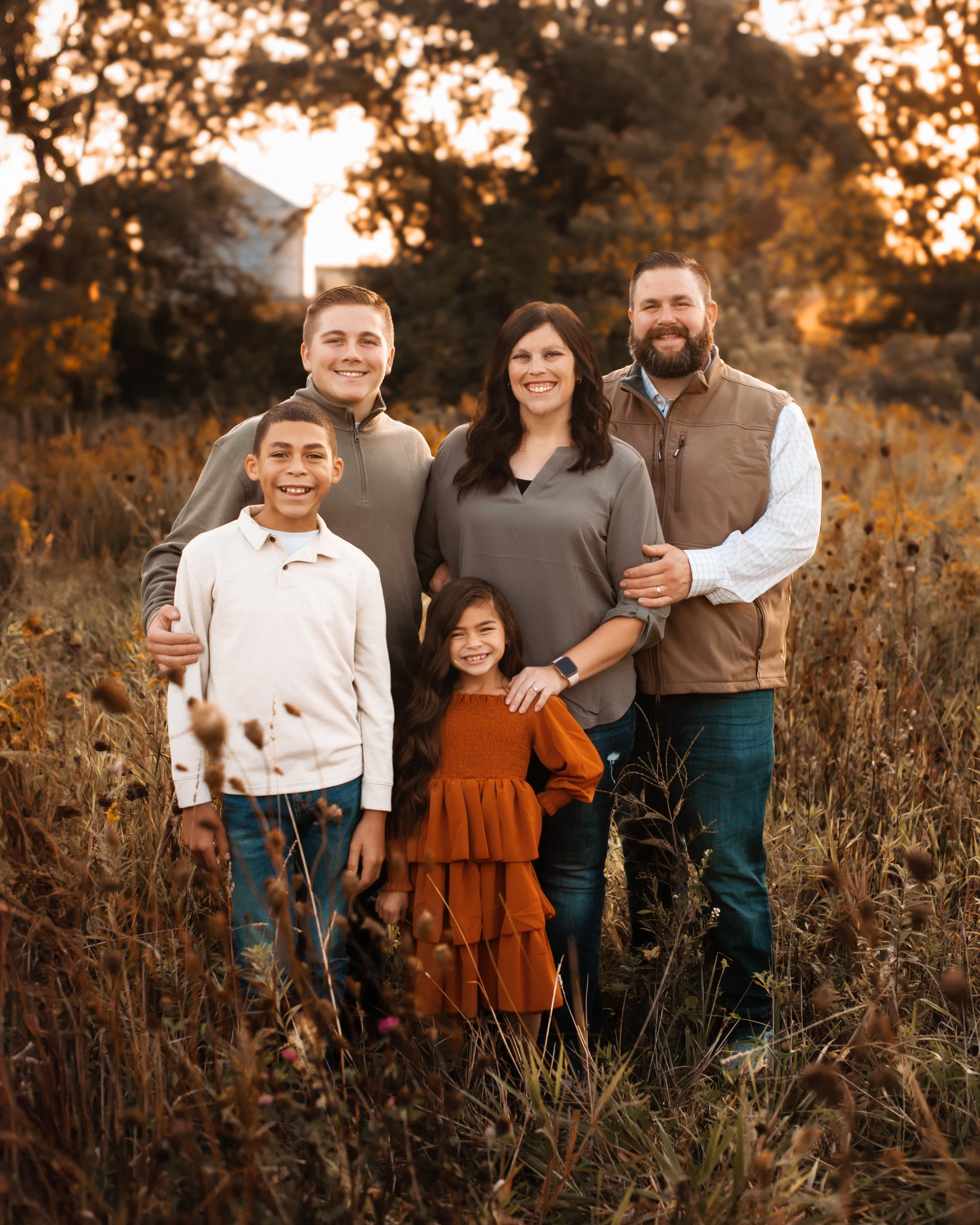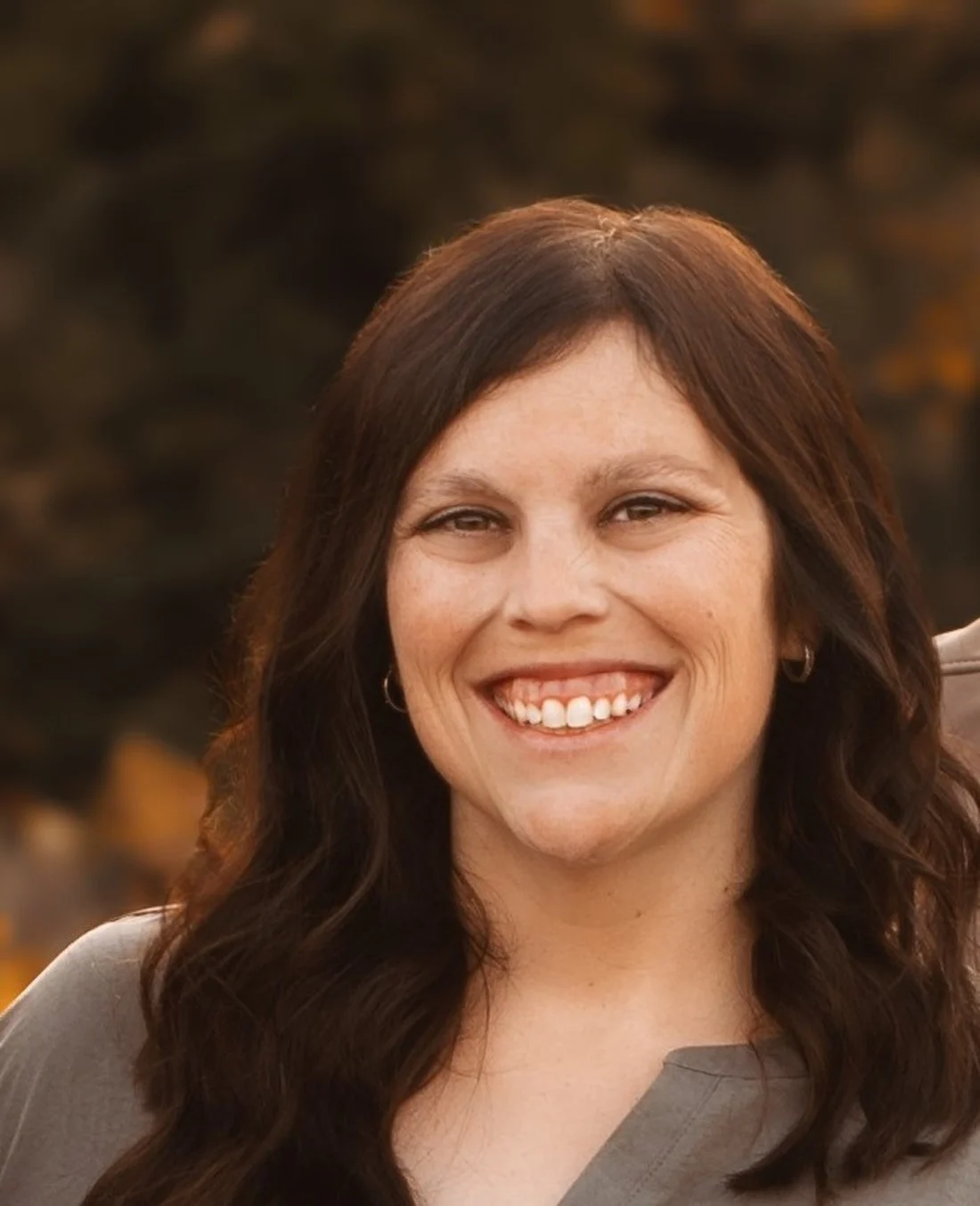How a Young Mother’s Commitment to Helping Others Persists Despite Her Own Fatal Diagnosis
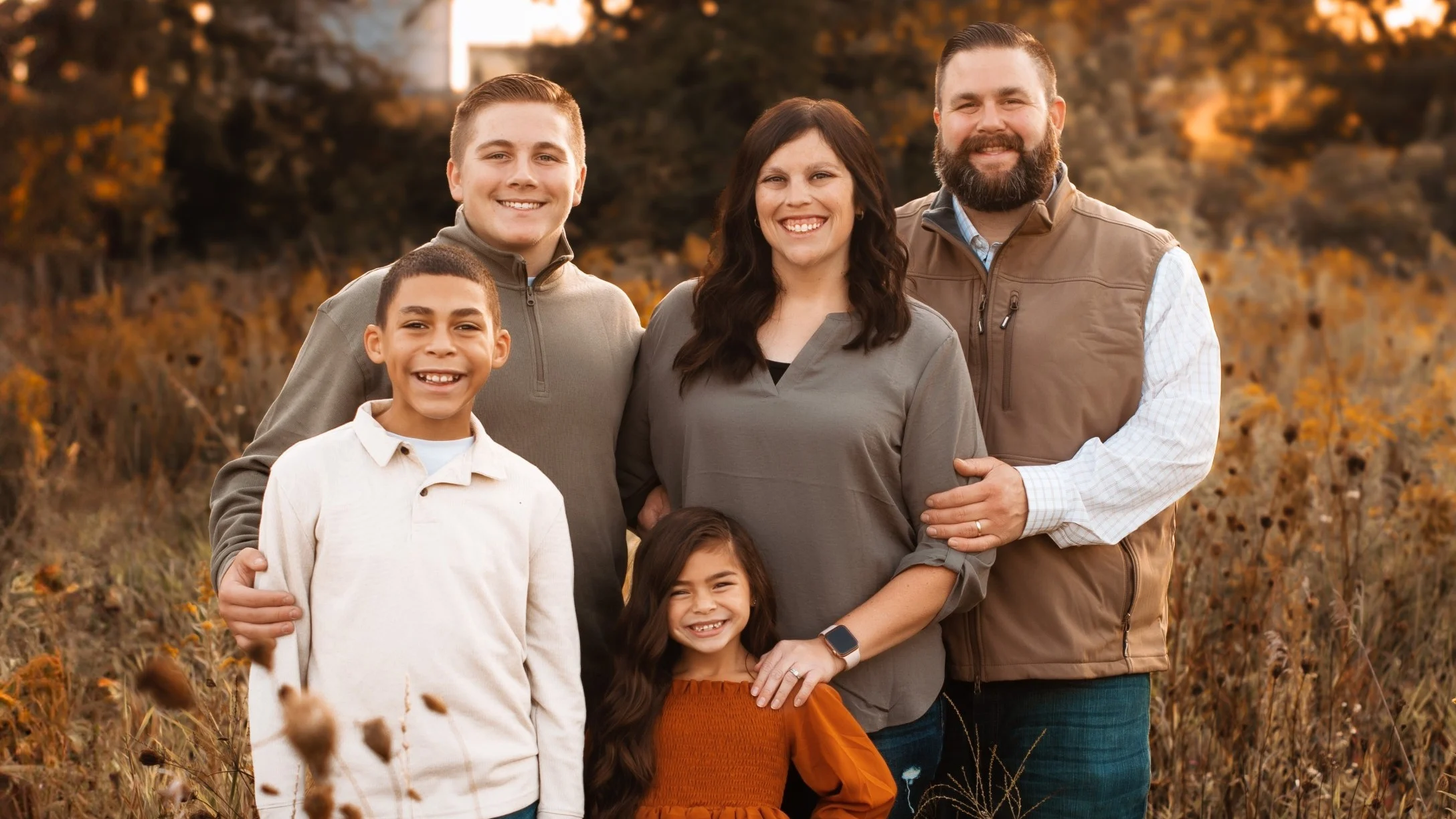 Jessica Morris
Jessica MorrisJessica Morris, a social worker and mother of three in her mid-30s, is confronting life with an ultra-rare genetic form of amyotrophic lateral sclerosis, or ALS, that has claimed the lives of 22 members of her tight-knit family in rural Illinois.
ALS is a progressive and fatal disease. Jessica and her family have a form of the disease caused by a mutation in the SOD1 gene, which only affects about 2% of ALS cases, or roughly 330 people in the US. Despite her family history, Jessica was led to believe that SOD1-ALS only affects older men, so she was shocked to receive her diagnosis in her mid-30s.
Despite being a busy mother of three school-age children, she actively participates in clinical studies and advocates for research initiatives that could lead to the discovery of medical breakthroughs for future generations. "ALS is a devastating disease that leaves a fully functioning mind locked in an uncooperative body," Dr. Nicole Brunette tells CafeMom. "Physically caring for family, especially for young children, could become difficult, and eventually impossible, as the disease progresses.”
In 2023, the FDA approved Qalsody, or tofersen, the first treatment for a genetic cause of ALS. Jessica began treatment and has seen meaningful improvements.
We had the chance to chat with Jessica and were blown away by her bravery and strength.
More from CafeMom: How Therapy Has Made Motherhood Manageable for a Mom of 4 With Anxiety, Alcoholism & PTSD
How has your journey with SOD1-ALS reshaped your perspective on life and motherhood?
"I have room to improve in the time management department as I want to do it all. My number one priority is my family, and I make it my mission to show up to all of the various events even if it means heading straight for a track meet or football game after my monthly treatment," Jessica tells CafeMom.
"There are times, however, that I have to make some tough decisions on how I am going to best spend my time and mental energy with conflicting schedules and events. In those difficult decision moments, I have learned to be selfish and allow myself to make the decision that makes me and my family the happiest."
Can you share some of the challenges you face as a mother of three while managing your ALS diagnosis?
"Having three children – ages 17, 12, and 7 – has our household running to various school, sports, and social functions nonstop, much like any other family. Adding a complex medical diagnosis like ALS into the mix means juggling one more ball in the air," Jessica explains.
"Initially adjusting to the added stress of medication management, doctor appointments, treatment days, and a change in child care needs consumed a lot of my mental energy. However, now that we have been dealing with this disease for over a year I feel our family is in a good rhythm and ALS has become just another part of our life."
How do you navigate discussions about ALS with your children, considering your family's history with the disease?
"We are open and honest with our children about ALS in a developmentally appropriate way. For example, my 17-year-old knows more specifics about my illness because he is at an age that he can understand more of those complex thought processes. My 12-year-old has a very good understanding of what ALS is and how it affects my ability to walk long distances," she explains.
"My 7-year-old knows as much about my illness as she can understand at her age. As my children grow older, we will share more age-appropriate information with them in a natural progression," Jessica shares.
As a social worker, how has your professional background influenced your approach to coping with ALS, both personally and within your family dynamic?
"My social work background has helped me in coping with ALS by limiting the stigma of seeking out a counselor to help me process this very big medical change when I was first diagnosed," Jessica says.
"My psychology background helped me to use and implement the coping skills I was already familiar with to then also help my family implement some of the same coping strategies to deal with their own grief. Also, being in in the social work field for many years, I was familiar with the way medical systems worked and I was comfortable being my own advocate for my health care, which is very important."
Could you elaborate on the emotional support network you've built to help you cope with the physical and emotional challenges of living with ALS?
"I am fortunate to reside in a small rural community with the majority of my friends and family within a 25-mile radius. My family is extremely close, and having their support through this process has been invaluable. I think it’s important to have many different types of support – both from family and friends, as well as from unbiased sources such as a counselor," Jessica tells us.
"I made it a priority early on in my diagnosis to seek support from multiple sources, and I have found taking different pieces of advice or comfort from each individual creates a diverse pool of resources I can rely on. Currently, I am lucky to be leading my life much the way I had been prior to my diagnosis with a few modifications. However, I know I can rely on the social network I have built when I need it."
In what ways has the approval of Qalsody affected your daily life and future outlook?
"When I speak about ALS I speak about Qalsody, because it has completely changed my thoughts on my future with this disease. My father passed away from SOD1-ALS in 1994. When I was diagnosed with SOD1-ALS in 2022, my physician said, "This is not your father's ALS." She made that statement because of treatments like Qalsody that are now available, treatments that my father didn't have access to," Jessica explains.
"Qalsody, which is a treatment designed to slow the progression in SOD1-ALS patients, is the first FDA approved treatment that targets a genetic cause of ALS. When I started receiving Qalsody, I was forced to crawl partway up my stairs to the second level of my home. I no longer crawl up the stairs, I walk up the stairs using my railing under my own power," she continues.
"When I was diagnosed with SOD1-ALS in October 2022, I planned a Disney Cruise with my family for December 2023. Given the nature of the disease, I was convinced that I would be in a wheelchair on the cruise and had been researching options on how to experience the Caribbean with my family via wheelchair.
"I just went on that cruise this last December, and not only was I not confined to a wheelchair, but I was able to go snorkeling with my children in Grand Cayman to see the stingrays in the middle of the ocean, climbing up and down a ladder under my own power. Because of Qalsody I am able to be hopeful about my future and keep a positive outlook because I am seeing my function improve while taking the drug."
As someone actively involved in clinical studies and research advocacy, what progress or breakthroughs in ALS treatment are you most hopeful for in the coming years?
"I'm very hopeful that in the coming years advancements in ALS research bring us to a cure for the disease. I'm hopeful for a treatment that also focuses on regenerative medicine to further bring back lost function to individuals living with ALS," Jessica shares.
How do you maintain a sense of hope and positivity amidst the uncertainties of living with a rare genetic disease?
"Perspective is everything when you are dealing with a disease like ALS. I realize ALS will take things from me, more than it already has. However, I don't see how I can justify spending the time I do have right now being sad about possibly losing time with my loved ones in the future, instead of living life to the fullest and making amazing memories," Jessica tells us. "I make it a priority to squeeze as much out of each day as I can."
Looking ahead, what message or advice would you offer to other individuals and families affected by rare diseases, based on your own experiences and advocacy efforts?
"Early in my diagnosis my husband and I made the decision that we would not allow ALS to consume our lives," Jessica recalls.
"I say frequently that I have ALS but I don't live ALS. ALS is not a part of my daily conversations and life. Yes, some weeks it is more of a topic than others, but I made it a priority to fill my life with things that make me happy and fulfilled. I can honestly say while battling ALS for the past year, I have had one of the most fulfilling and memorable years of my life."
